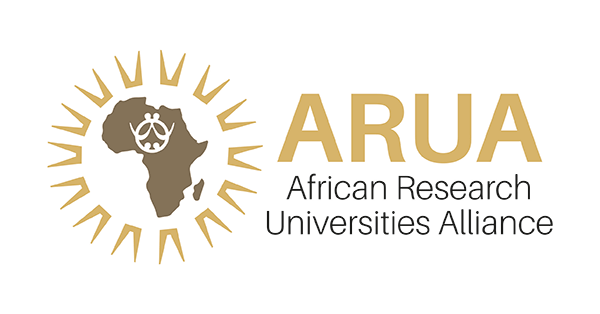
Keith is a Professor and Deputy Director at Wiser. He writes about the cultural and economic history of South Africa, particularly the gold mining industry, the state and the development of information systems. He studied at Wits and Johns Hopkins and completed his PhD at Northwestern in 1995. His book -- Biometric State: the Global Politics of Identification and Surveillance in South Africa, 1850 to the Present (Cambridge, 2014) -- shows how the South African obsession with Francis Galton's universal fingerprint identity registration served as a 20th century incubator for the current systems of biometric citizenship being developed throughout the South. In 2017 the book was awarded the inaugural Humanities Book Award by the Academy of Science of South Africa. With Simon Szreter, he edited Registration and Recognition: Documenting the Person in World History published by OUP and the British Academy in 2012, a volume of essays which examines the workings and failures of civil registration in twenty different regions and periods around the world.
He has published widely on the history and contemporary politics of biometrics, with papers in Africa, History Workshop, the Journal of Southern African Studies, Public Culture and comparative anthologies on systems of identification (the full list is here). This interest in biometrics has also drawn him in to the global institutional history of state documentation, especially the forms of birth, death and marriage registration that are ubiquitous (but very poorly understood) in Europe, Asia and the Americas (see http://wiser.wits.ac.za/futureID).
He is now working to finish several book projects: Biometric Capitalism and Power without Knowledge and Mining, Power and Politics in South Africa which investigates the global infrastructures of biometric civil registration and credit surveillance that are developing in the former colonial world; Power without Knowledge, which examines the very limited forms of official knowledge that supported the state in South Africa in the 19th, 20th and 21st centuries; and Mining, Power and Politics in South Africa which interrogates the usefulness of the idea of the Resource Curse in South African history. From 2014 to 2019 he was one of the editors of the Journal of African History. He has a B1 rating from the National Research Foundation.

